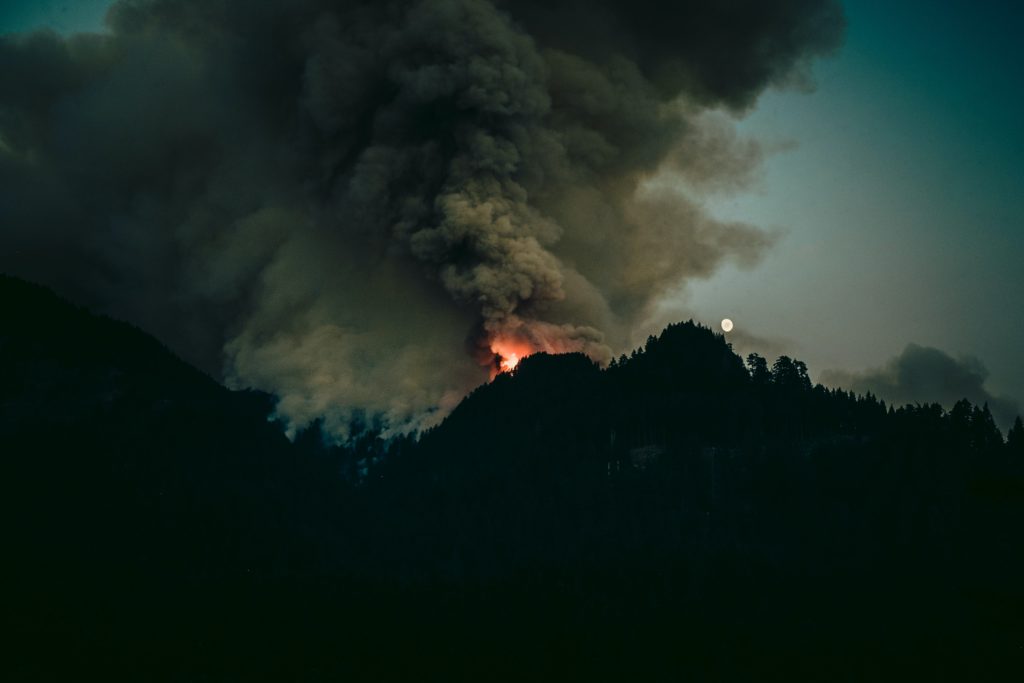How Pollution Can Facilitate the Spread of COVID-19

Heavy pollution doesn’t make anyone feel well. It’s harmful to our earth, depressing to look at, and even worse to breathe in. Here in the Tri-Cities, wind storms and wild fires can impact our air quality, often causing breathable air to become dangerous. So in our current world of COVID-19, what does this mean for our health?
Researchers at the Italian Society of Environmental Medicine found that pollution affects our immune systems and can facilitate the spread of COVID-19. The scientists focused on the northern region of Italy, one of the most polluted places in Europe. This area is known to cause prolonged systemic inflammation in inhabitants who regularly breathe in the low-quality air. Not only does this inflammation worsen their health, but also damages their immune system making it more difficult to fight off other health attacks. In relation to COVID-19, this unfortunately means that these people have a worse time fight off COVID-19 infections.
Additionally, pollution may lead to lead to higher rates of mortality. No doubt this is partially due to the inferior overall health of those who live in chronically polluted areas, but researchers have also found a unique way that pollution specifically makes COVID-19 worse.
As we discussed at length in our other blog posts, one of the main reasons COVID-19 has proved to be so deadly is because of its pathology of inducing a cytokine storm. This storm results in abnormally high white blood cells that attack the host’s own healthy cells. In COVID-19 cases this has resulted in organ damage, lesions on hands and feet, and issues with the central nervous system.
Unfortunately, pollution on its own has similar effects on the human body as a cytokine storm. Chronic exposure to fine particulate matter in the air has been found to increase levels of certain cytokines that are also elevated by coronavirus. This means that pollution can worsen COVID-19 symptoms, lengthen the illness, and for some, be fatal.
On top of that, pollution works on a larger scale as well. It has been found to transmit COVID-19 more effectively than clean air, thus spreading the illness to more people. As we have learned, COVID-19 is spread primarily through droplets in the air. Pollution, which can vary in particle size, can potentially aid in carrying the virus farther in both the distance, and in our bodies themselves.
For instance, when ultra-fine particles (those that are less than 0.1 micrometers) are breathed in, they travel throughout the lungs, even to the deepest peripheral areas. Breathing in this sort of pollution with COVID-19 could potentially carry the virus farther into the lungs where it can do more damage.
Thankfully, the Tri-Cities has relatively good air quality outside of a few parts of the year. During this time where wind can kick up dust, and occasional smoke drifts our way, it’s important to stay safe and take extra precautions as we navigate the additional challenges presented by COVID-19 .
